Apply to a foreign university with confidence
- Properly fulfilled documents
- Perfect motivation letter
- Support from a personal mentor
- Offers from several universities
Find out about the best universities in Bulgaria and their study programs.
Free consultation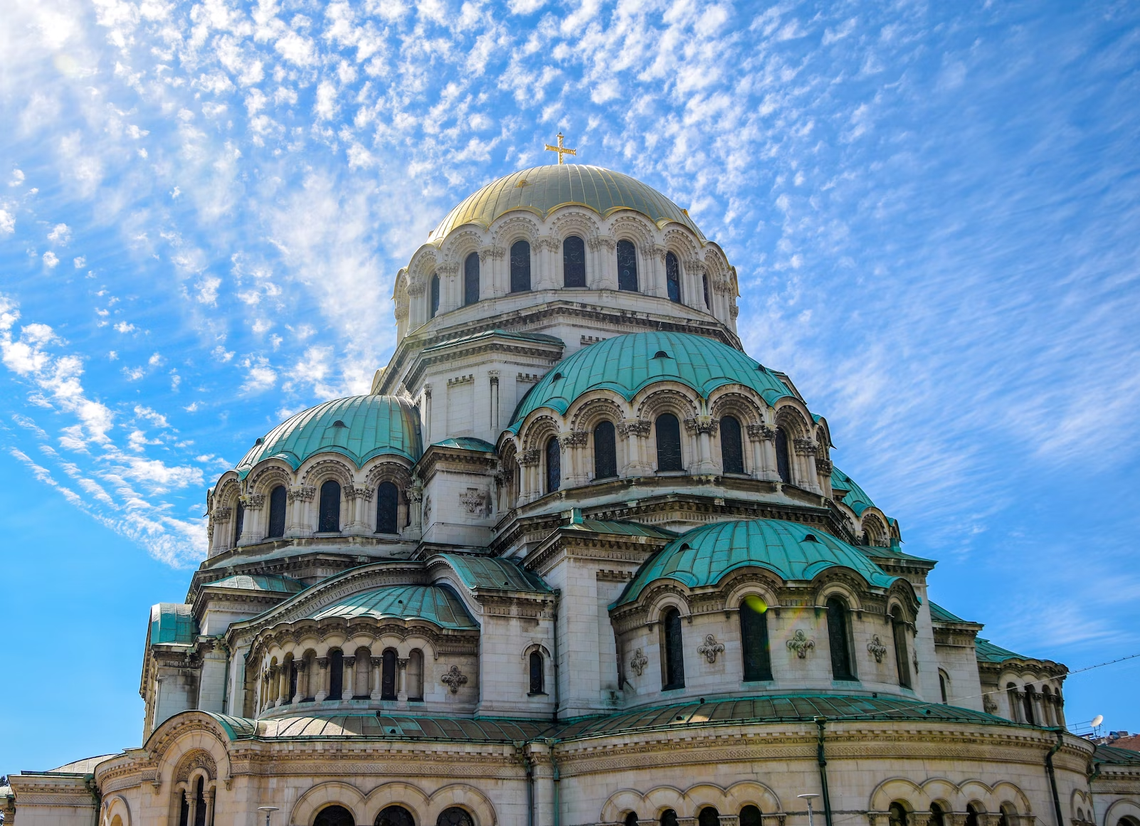
Universities in Bulgaria offer an opportunity to obtain a European standard degree while significantly saving on tuition costs and living expenses. Despite the coastal location of the country, programs are not limited to hospitality studies: Medicine, Engineering, Agriculture and Linguistics are popular among foreigners, and can often be studied in English.
Items 1-6 of 71
Advanced search
| Type of study | Age | Duration | Min. cost | Avg. cost | Language proficiency | Exams |
|---|---|---|---|---|---|---|
| Pre-university program | 17+ | 1 year | 1,695 USD | 3,390 USD | Intermediate (B1) | - |
| Professional Bachelor’s degree | 18+ | 3 years | 1,921 USD | 2,825 USD/year | Intermediate (B1) | STBFL B2 |
| Bachelor's | 18+ | 4 years | 1900 EUR/year | 3,955 USD/year | Upper-Intermediate (B2) | IELTS 6.0 / TOEFL 550 / STBFL B2 |
| Master's | 20+ | 1-2 years | 1900 EUR/year | 5,085 USD/year | Upper-Intermediate (B2) | IELTS 6.0 / TOEFL 550 / STBFL B2 |
| MBA | 20+ | 1-2 years | 3,390 USD/year | 4,520 USD/year | Upper-Intermediate (B2) | IELTS 6.0 / TOEFL 550 / STBFL B2 |
| PhD | 20+ | 3 years | 2700 EUR/year | 3800 EUR/year | Upper-Intermediate (B2) | IELTS 6.0 / TOEFL 550 / STBFL B2 |
The numbers in the table are approximate. The information must be checked on the website of the selected educational institution.
Applicants from countries with an 11-year secondary education system can enter the first year of Bachelor’s degree programs without additional entrance exams or any other issues. An exception to this rule is medical faculties: there applicants usually write tests in Biology and Chemistry. The GPA of the certificate/diploma is crucial: to participate in the undergraduate competition, your average score must be at least 62%. For admission to the Master's programs — 72%. Particular attention is paid to scores in the subjects related to the chosen direction.
Depending on the language of instruction, an appropriate language certificate might be required: Standard Test of Bulgarian as a Foreign Language (STBFL) for programs in the local language; IELTS, TOEFL and ESOL — for programs in English; DELF and TestDaF — for German and French, respectively.
For enrollment, you must provide a special certificate from the school proving that the student can study at a university in their home country, as well as a medical certificate.
Universities accept documents by mail until mid-September. The exact deadlines must be checked on the website of the selected educational institution.
For Bachelor's degree:
Additionally for Master's and PhD studies:

Besides universities, there are more than 50 colleges in Bulgaria. Some of them are affiliated with universities. Here you can get a higher vocational education — a professional Bachelor. The students are studying for 3 years, combining theoretical classes with a lot of practice. For admission, you must know Bulgarian at least at B2 level.
In Bulgaria, with a professional Bachelor's degree, you can continue your education in a Master's program. However, for some programs, 3-year education is not enough: you will have to do another year of studies or take more Master's courses. You should also bear in mind that in other countries with a 4-year Bachelor's degree, such a diploma may not be recognized.
Nevertheless, in Bulgaria there is a higher demand for applied specialists than those with higher education[2], so vocational education can be a good investment if a student is planning to seek employment in the country. At a college, you can study management, finance, tourism, mechanical engineering, art, IT, medicine, and other specialties.

There are 38 public universities in Bulgaria. Most students and employers consider them to be more prestigious and recognizable[3]. At the same time, many students note outdated teaching methods, the lack of modern equipment, and the slow introduction of technology into the educational process. Education here is cheaper than in private educational institutions. Prices for foreigners start from 2,260 USD per year, while state-funded seats are offered only to local applicants.
Only state universities offer specialties such as Physics, Chemistry, Biology, and Medicine. Also, state universities are more often chosen by future lawyers, psychologists, teachers, philologists, engineers, and specialists in the field of tourism. Traditionally, the best state university is considered to be St. Clement of Ohridski University.
There are fewer private universities in Bulgaria: as of 2020, there are only 14 of them. The prices here are not much higher compared to public universities, and sometimes they can be lower. For example, at the New Bulgarian University, any Bachelor’s program will cost a student 1,695 USD per year, at Varna University of Management — 2,147 USD per year. The only private institution with a particularly high cost is the American University of Bulgaria (AUBG). The tuition fee there will be 12,450 USD per year. However, there are many scholarship options at AUBG and graduates receive an American diploma.
Most private educational institutions offer specialties related to Management, Business, and Finance. Also, almost 70% of students choose private universities to study theater, cinema, and art theory. Many private universities have established relationships with employers, therefore, according to the ranking of Bulgarian universities, the percentage of graduates in the profession is higher here. However, this figure varies depending on the specialty.
There are no large university associations within the country, but representatives of higher education in Bulgaria are actively involved in international associations:

Education in Bulgaria is free for citizens of the country and students from the European Union. The tuition costs are covered by a state scholarship. In this case, teaching is conducted only in Bulgarian. Competition for budget-funded places is usually low, but candidates still have to pass entrance exams.
Applicants from countries that are not in the EU can study in Bulgaria only for a fee, on average 2,260-3,390 USD per year. Applicants are selected by their package of documents, without additional entrance tests.
Full funding is available only at the American University of Bulgaria. Some universities also offer monthly academic achievement scholarships. Details should be checked directly with the representatives of the selected educational institution.

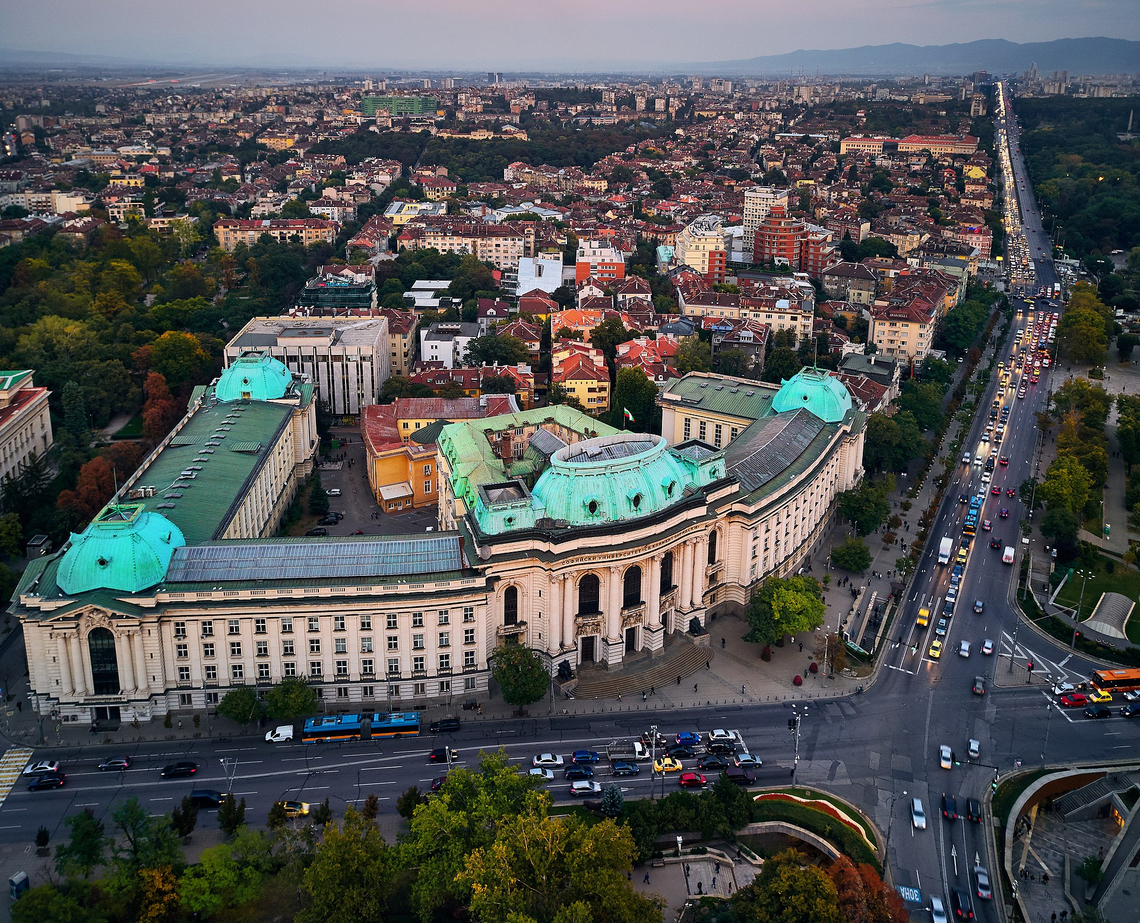
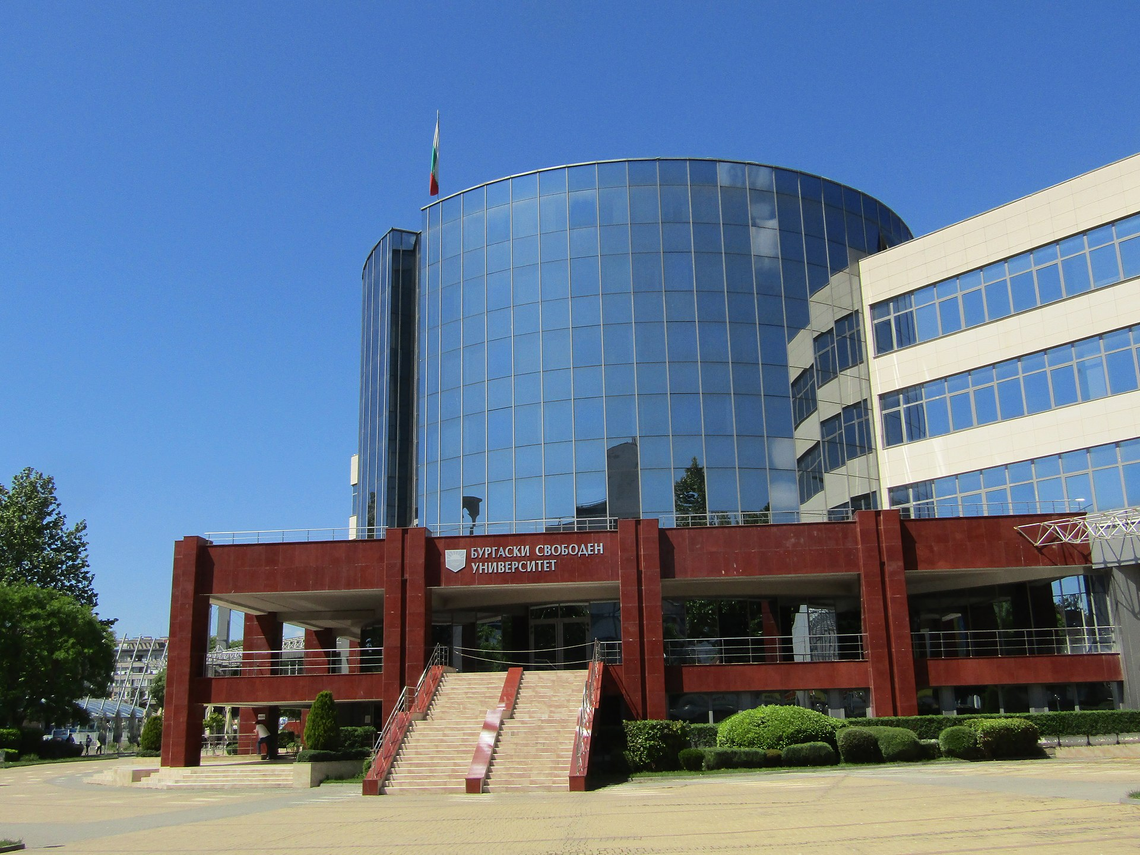
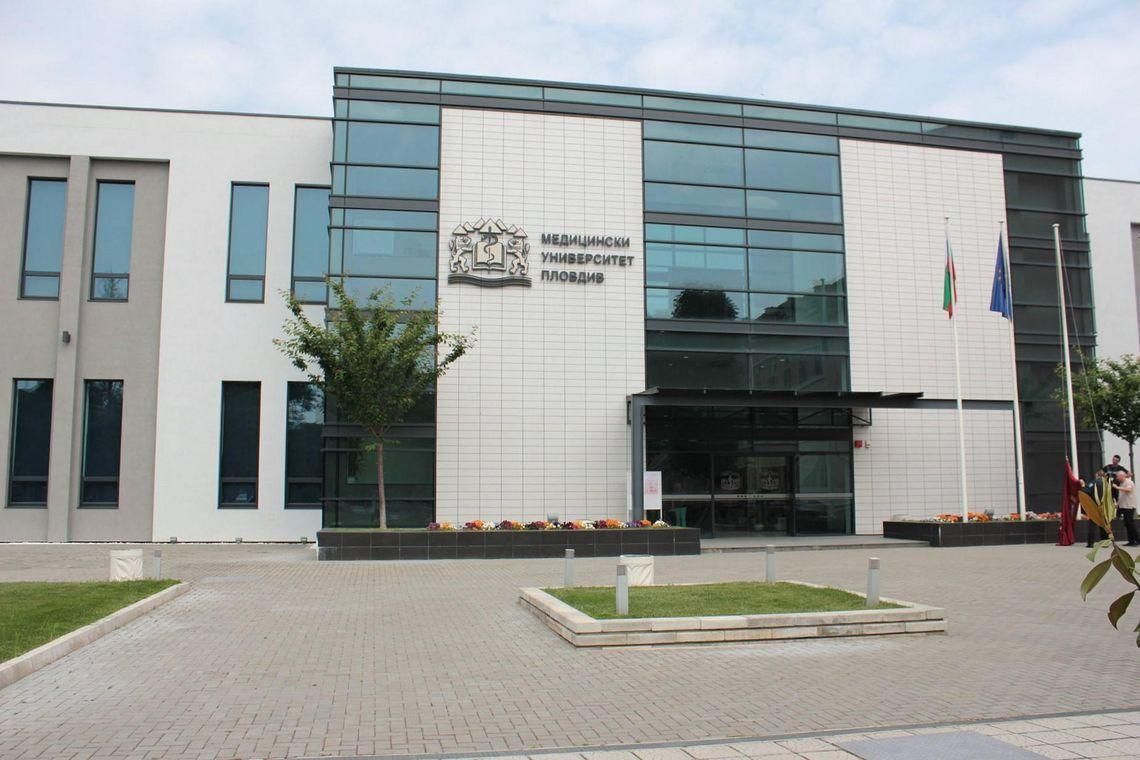
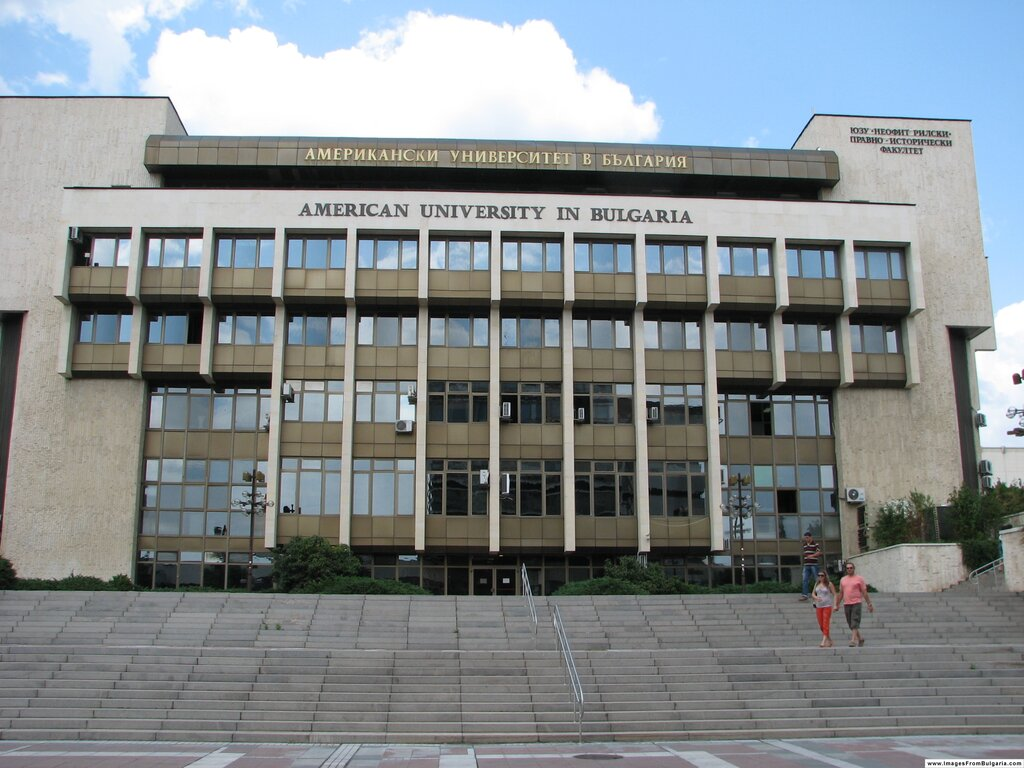
60+ countries
we work with
$1,000,000 saved
by students through scholarships
6,400 offers
our students got